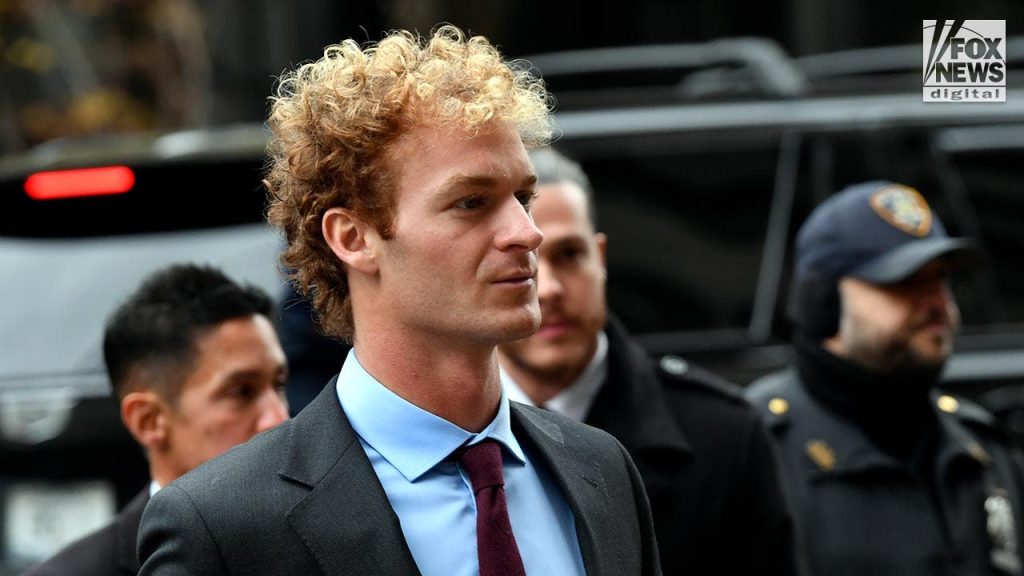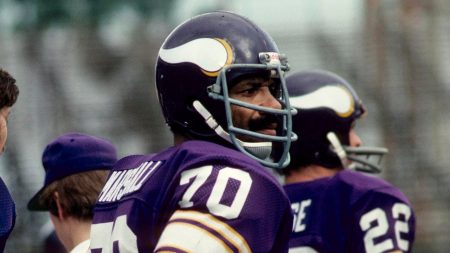The invitation extended by Vice President-elect JD Vance to Daniel Penny, the Marine veteran acquitted in the subway chokehold death of Jordan Neely, to attend the annual Army-Navy football game has ignited a firestorm of controversy. Penny’s acceptance of the invitation, confirmed by Vance himself, adds another layer of complexity to an already highly sensitive case that has captivated the nation and sparked heated debates about race, mental health, and vigilantism. Vance’s public endorsement of Penny, referring to him as a “good guy” and praising his “courage,” further fuels the ongoing discourse surrounding the incident.
The backdrop of the Army-Navy game, a revered tradition celebrating military service and national unity, adds a symbolic dimension to Penny’s presence. This high-profile sporting event, attracting significant media attention and attended by prominent figures like President-elect Donald Trump and Florida Governor Ron DeSantis, elevates the visibility of Penny’s case and transforms it into a political spectacle. The juxtaposition of a celebratory sporting event with the lingering questions surrounding Neely’s death creates a stark contrast and underscores the deep divisions within American society.
The circumstances surrounding Neely’s death remain a point of contention. While Penny’s supporters portray him as a Good Samaritan who intervened to protect fellow passengers from a perceived threat, critics argue that his actions were excessive and that Neely, a homeless man struggling with mental illness, was unjustly killed. The jury’s decision to acquit Penny on manslaughter charges sparked outrage and protests, with many viewing it as a miscarriage of justice that perpetuates systemic inequalities.
Vance’s invitation to Penny can be interpreted as a calculated political move, aligning himself with a figure who has become a symbol for a particular segment of the population. This gesture resonates with those who believe Penny was unfairly prosecuted and serves to solidify Vance’s support base. However, it also risks alienating a significant portion of the electorate who view Penny’s actions as reprehensible and indicative of a deeper societal problem.
The confluence of the Army-Navy game, the presence of high-profile political figures, and the ongoing controversy surrounding Neely’s death creates a volatile mix. This high-stakes event serves as a microcosm of the larger cultural and political divides that currently grip the nation. The polarized reactions to Penny’s invitation underscore the difficulty of finding common ground and achieving a sense of shared national identity in an increasingly fractured society.
The invitation itself raises questions about the politicization of the military and the appropriateness of using a sporting event to make a statement about a contentious legal case. While Vance is certainly entitled to invite whomever he chooses, his decision to publicly embrace Penny carries significant symbolic weight and risks further dividing a nation grappling with complex issues of race, mental health, and justice. The Army-Navy game, traditionally a celebration of national unity, becomes a platform for showcasing these divisions, highlighting the challenges facing American society.










